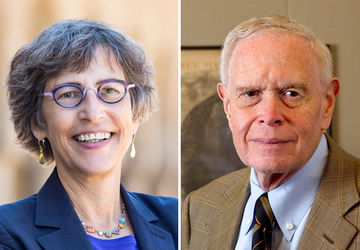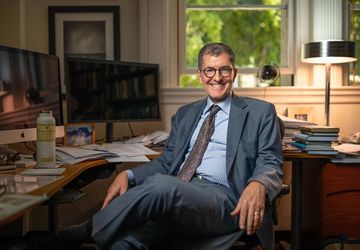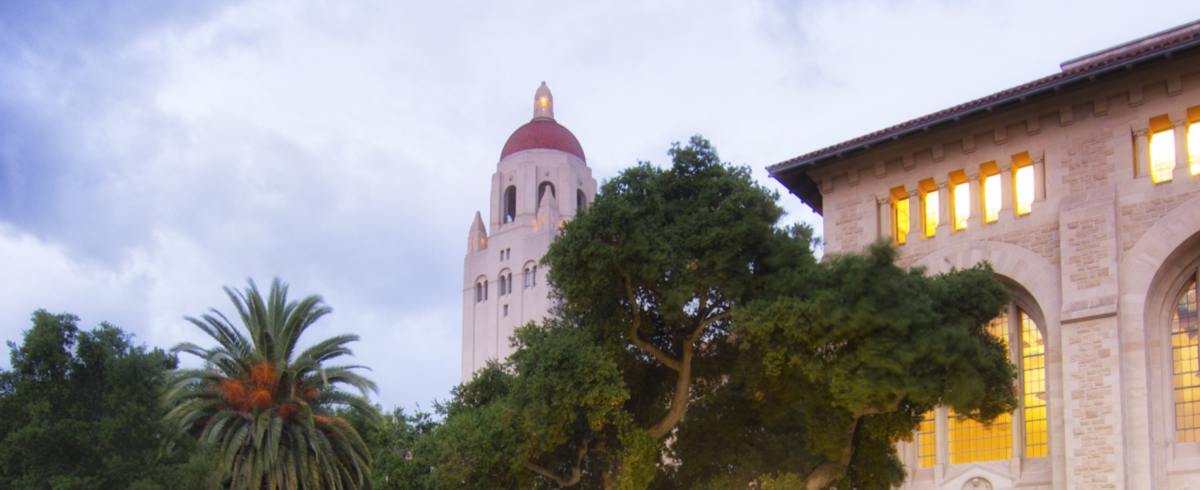
Why Philosophy?
What is truth? How are scientific claims justified? Are we responsible for our actions? Do people have free will? What is justice?

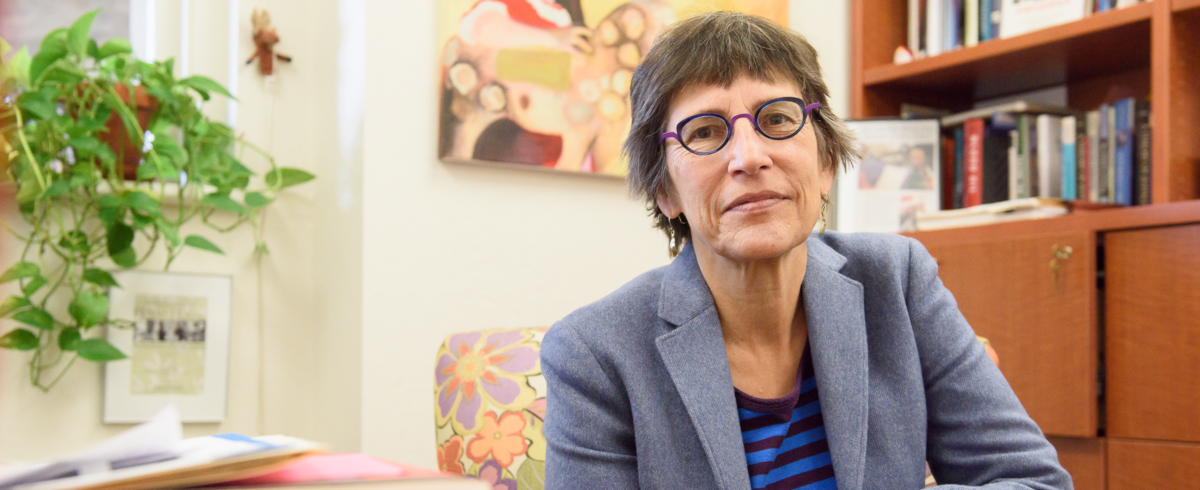
APA honors Professors
Professors Helen Longino and Michael Friedman are honored for their contributions to the field.
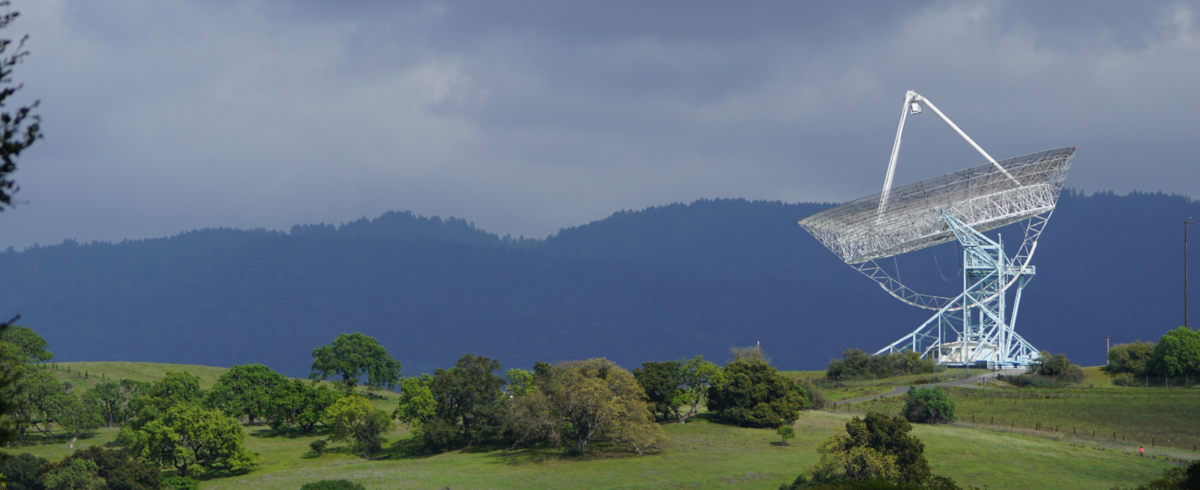
The Paradox of Trust
Lanier Anderson and Jorah Dannenberg discuss the internal tension known as the Paradox of Trust.
We are a lively community of philosophers with a broad range of scholarly interests.
We offer rigorous, competitive programs in traditional core areas of philosophy, as well as opportunities to explore sometimes-neglected subfields like feminist philosophy or aesthetics.
Our traditional strengths in logic and the philosophy of science remain central to the department, and they are now complemented by very strong programs in action theory, ethics and political philosophy, language, mind and epistemology, and the history of philosophy — especially ancient philosophy and Kant studies.
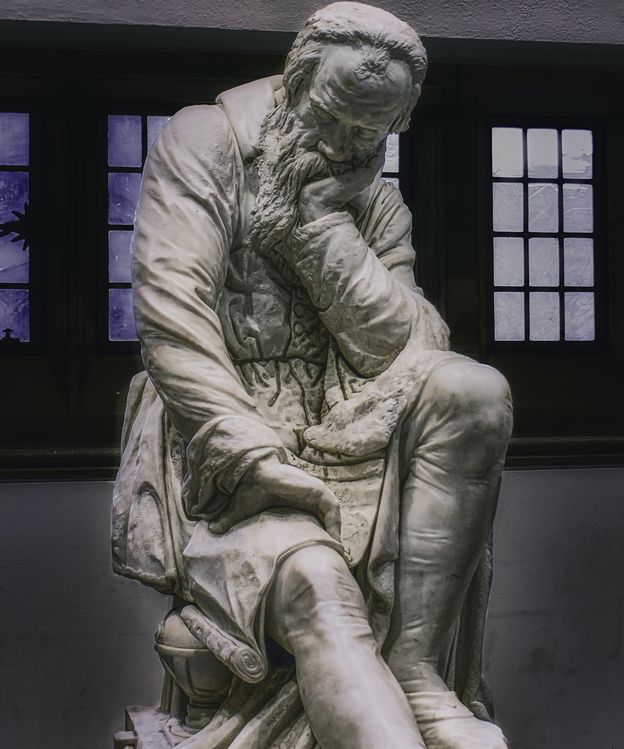
Engage Philosophy
Philosophy should be engaged and applied, addressing questions as they arise in the real world and within the practices of other disciplines. That tradition in Stanford Philosophy is reflected in our collaboration with a wide range of interdisciplinary programs. Follow the links below to learn more.
Upcoming Events
450 Jane Stanford Way Building 110, Stanford, CA 94305
112
424 Santa Teresa Street, Stanford, CA 94305
Levinthal Hall




